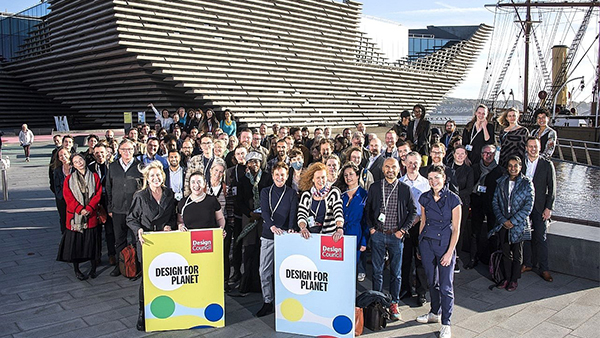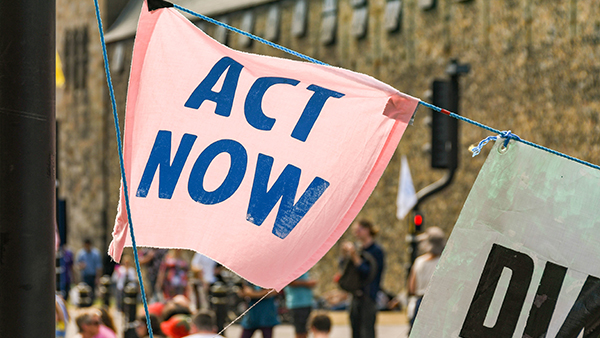If we want people to help save the planet we need to start giving them clearer signals and incentives. But the biggest obstacle might be the green movement itself.
Yesterday evening the RSA hosted the Chair of the Environment Agency, Lord Chris Smith, making his first major speech in this role. Chris was both forthright and balanced. He applauded the Climate Change Bill and other Government measures whilst also bemoaning the small proportion of the UK’s stimulus package going on environmental initiatives (only 7% in comparison to 16% in the US and 19% in Germany). Exploring the actions we need to take to get to the Government’s pledge to reduce greenhouse gases by 80% by 2050, Chris ranged from energy efficiency to electric cars and carbon capture and storage.
Yet it was the wide ranging nature of the speech that I suggested, in my very brief reply, might be a problem. Regular readers will not be surprised that I used a cultural theory framework to distinguish the main approaches to climate change:
Hierarchical: emphasis on international treaties, national targets and plans, regulation
Individualist: emphasis on markets and technological innovation
Egalitarian: emphasis on lifestyle change, community led action
I argued that when rapid, environmentally-benign, change has been achieved it was when each of the drivers lined up together. For example, the move to lead free petrol combined national regulation (to ensure supply and the manufacture or conversion of engines to lead free petrol), market incentives and technological advances with a public commitment to reducing lead, especially given the evidence that it was children who were most affected.
In contrast, on climate change there seem to be hundreds of different ideas and plans covering timescales ranging from the next few years to the middle of the century. Each of us has several opportunities a day to ‘do the green thing’ so we end up overwhelmed, confused and susceptible to lapsing into the fourth of CT’s paradigms: fatalism.
Which leads me to argue that the Government and the environment movement should have the discipline to identify a single short term national priority. The best candidate now is home energy efficiency (on which the Government is publicising a plan today). With the right incentives, advice, technology and social marketing there is no reason we couldn’t achieve the target of nine out of ten homes having had an energy check and action to improve efficiency implemented by the end of 2010. Having shown we can do this we could then confidently move on to another similarly focussed target, maybe shifting to electric cars, for example.
I am certain this would make a difference and empower people. But it requires the environmental agencies and NGOs to put aside their own priorities and differences in favour of the national effort. Focussing on a single objective doesn’t mean the work in other areas stops, but it does mean prioritising and focussing, especially in the messages we give to the public. This can be done but – ironically – the biggest barrier may lie not with polluters or climate change sceptics but with those who say they care most about saving the planet.
Related articles
-
Regenerative organisations: the time is now, the place is here
Joanna Choukeir
Regenerative organisations are vital to our regenerative future. The time is now for the RSA to emerge as such an institution.
-
A design revolution for the climate emergency
Joanna Choukeir
Joanna Choukeir on Design for Planet, the global gathering of designers during COP26, and the changes design must make.
-
The public are ready to go further and faster on net zero
Anthony Painter
The public are ahead of policy-makers and, indeed, most of the business world. COP26 is an enormous opportunity to catch up. Global leaders should take it.




Be the first to write a comment
Comments
Please login to post a comment or reply
Don't have an account? Click here to register.